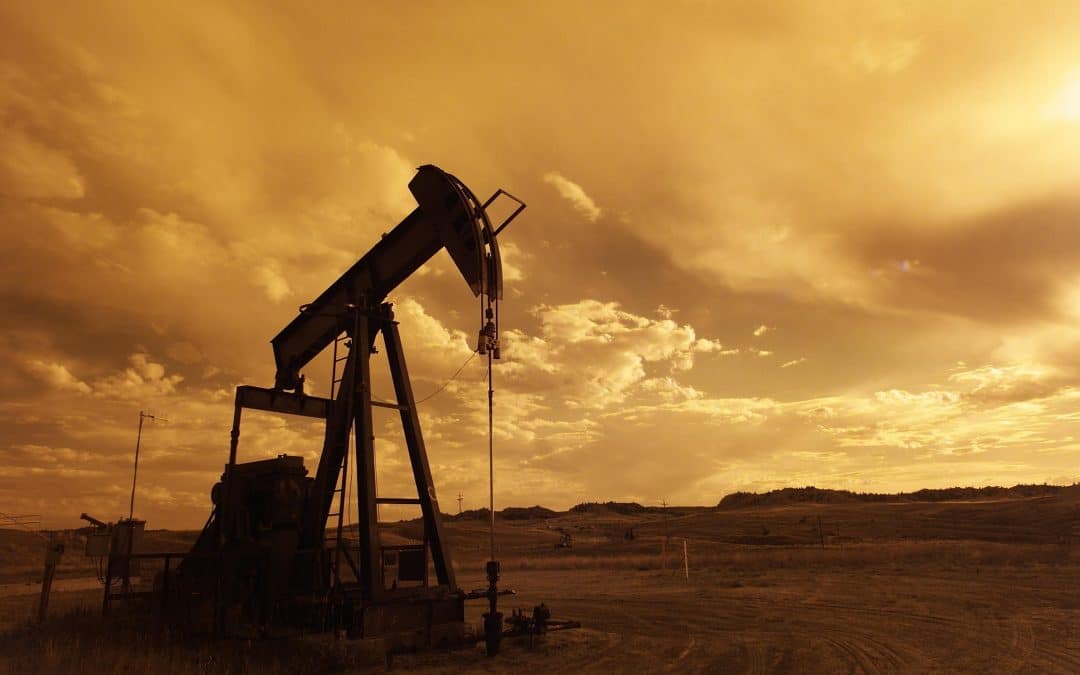Navigating Economic Challenges: Cybersecurity and Energy Stability in the Oil Industry
The oil industry has long been a cornerstone of the global economy, providing energy resources that power industries, transportation, and daily life. However, oil companies face numerous economic challenges that require careful navigation to ensure success and resilience. Below, we will delve into two crucial aspects: cybersecurity and energy stability, and the challenges they pose to oil companies established to own, operate, acquire, or construct crude oil and refined products logistics assets.
- Cybersecurity: Safeguarding Critical Infrastructures
In today’s interconnected digital landscape, the oil industry is increasingly reliant on advanced technologies and complex information systems. This digital transformation brings with it the risk of cyber threats, which can have far-reaching consequences for both operational efficiency and overall security. Oil companies are attractive targets for malicious actors seeking to disrupt operations, compromise data integrity, or gain unauthorized access to sensitive information.
Maintaining robust cybersecurity measures is paramount. However, this presents unique challenges due to the vast scale and complexity of oil company operations. From drilling and production facilities to pipelines, refineries, and distribution networks, each element of the supply chain represents a potential entry point for cyber attacks. Ensuring the security of these critical infrastructures requires constant monitoring, proactive threat detection, robust incident response plans, and ongoing employee awareness and training.
Additionally, the interconnected nature of the oil industry introduces complexities in terms of third-party partnerships, supply chain vulnerabilities, and the sharing of sensitive information. Collaborative efforts between oil companies, government agencies, and cybersecurity experts are crucial to effectively address evolving cyber threats, share threat intelligence, and develop industry-wide best practices.
- Energy Stability: Balancing Supply and Demand
Oil companies operate within a dynamic economic landscape characterized by fluctuating oil prices, geopolitical tensions, changing regulatory frameworks, and shifting consumer demands. Achieving energy stability, where supply meets demand in a balanced and sustainable manner, is a constant challenge.
Volatility in oil prices can significantly impact the profitability and financial health of oil companies. External factors such as political conflicts, supply disruptions, or changes in global energy policies can create uncertainties and market fluctuations. Companies must adapt their business strategies, optimize production, manage inventory levels, and effectively navigate market dynamics to mitigate risks and maintain profitability.
Moreover, as the world transitions toward cleaner and more sustainable energy sources, oil companies face the additional challenge of aligning their operations with evolving environmental regulations and societal expectations. This necessitates investment in renewable energy technologies, reducing carbon footprints, and exploring opportunities for diversification.
Energy stability is also intricately tied to geopolitical factors. Geopolitical tensions and conflicts in oil-rich regions can disrupt supply chains, impact transportation routes, and introduce uncertainties in the market. Oil companies must carefully assess geopolitical risks, diversify their supply sources, and establish contingency plans to mitigate the potential impact of these disruptions.
Conclusion
As oil companies establish themselves to operate, acquire, and construct crude oil and refined products logistics and assets, they must navigate a complex web of economic challenges. Cybersecurity and energy stability are two critical areas that demand careful attention.
Maintaining a robust cybersecurity posture is essential to protect critical infrastructures and sensitive data from cyber threats. Collaboration, information sharing, and proactive defense measures are key to safeguarding operations and ensuring the resilience of the oil industry against evolving cyber risks.
Simultaneously, achieving energy stability requires adaptability, proactive market analysis, and a willingness to embrace sustainable practices. Oil companies must balance supply and demand, monitor geopolitical dynamics, and embrace the opportunities presented by the transition to cleaner energy sources.
By addressing these challenges head-on, oil companies can strengthen their resilience, foster sustainable growth, and continue to play a pivotal role in meeting global energy demands while embracing a secure and stable future.

